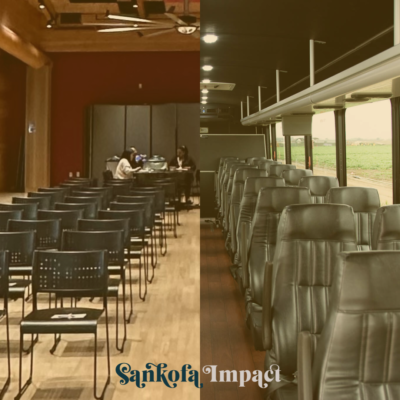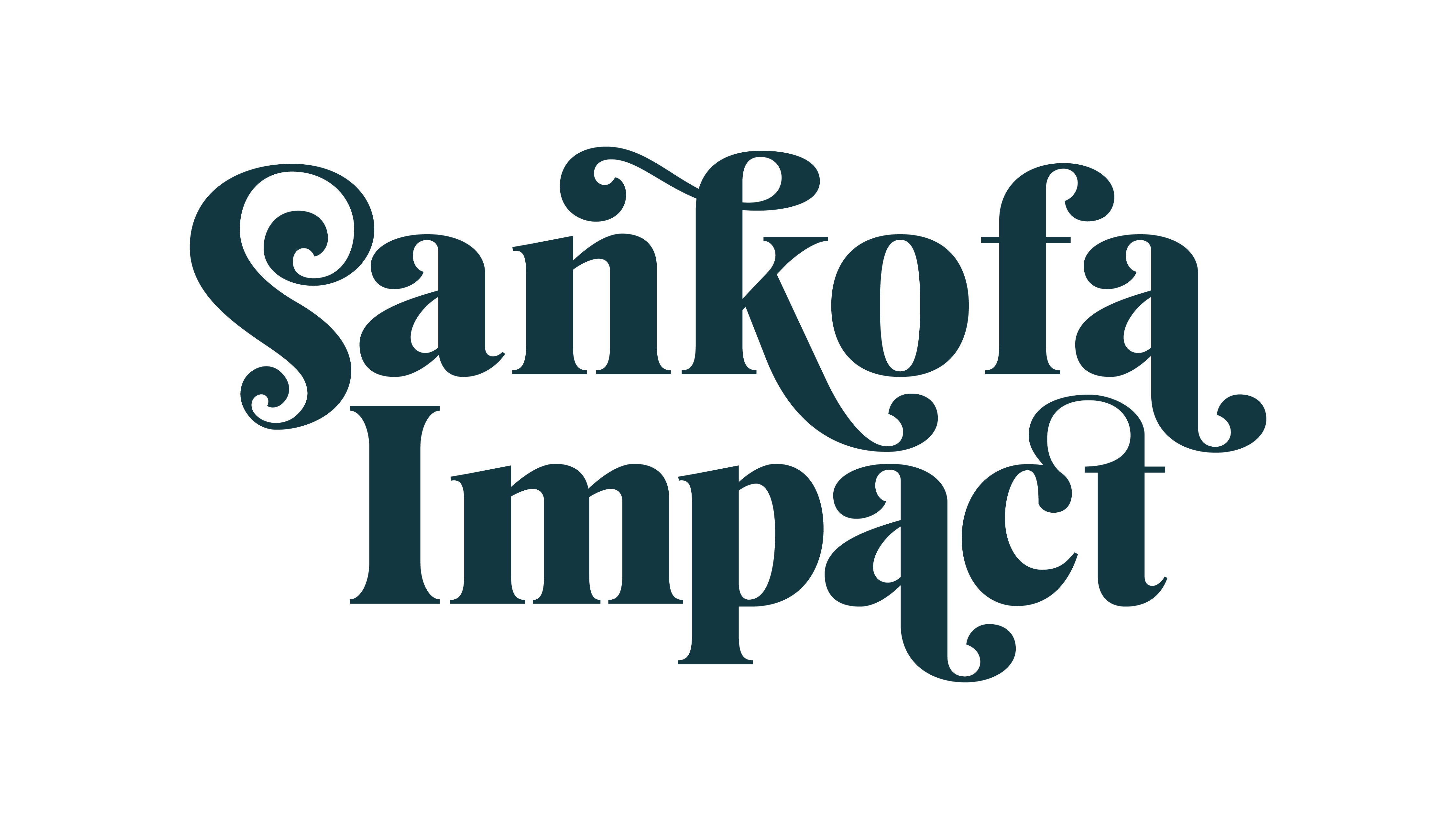When we hosted the 2021 Philanthropy Northwest conference, our community was still in the throes of the pandemic. While we never could have imagined what we all experienced when COVID-19 hit, we were able to pivot in our program offerings, hosting virtual conferences in both 2020 and 2021. At the time our audience was thirsty for connection. Although our virtual conferences offered stellar speakers, amazing singers and poets, and intentional networking time, by 2022 people were “Zoomed out”. Slowly, some organizations began to have in-person meetings. At Philanthropy Northwest we weren’t quite ready to return to our full in-person conference, but still wanted to create an in-person gathering for our members.
We decided to host a member retreat, creating an in-person gathering near our home office in Seattle. We would host about 80 people instead of 350 and we would design a collective experience for two and a half days. For our in-person conferences we always try to include a learning tour of some sort. I knew about the amazing live tours of the US south that Sankofa impact facilitates and was pleased to learn that they could customize something for our event, focusing on the racialized history of the northwest. The experience was more than we could have imagined.
We were set up in the beautiful wǝɫǝbʔaltxʷ – Intellectual House on the University of Washington campus. When coming back from a break, we noticed that the room had been rearranged in two long sets of rows with an aisle down the middle, much like a bus. Nathan Bean and Felicia Ishino led us on a virtual bus ride through Washington, Idaho, and Oregon, lifting up moments in history unknown by many in our group. We learned about the Gang of Four in Seattle, which refers to four men who founded Seattle’s Minority Executive Directors’ Coalition. This demonstration of BIPOC solidarity was a force to be reckoned with and their contributions still impact the community to this day. We learned about the Japanese internment camps in Washington and Idaho and held our collective breaths as Felicia shared that her own ancestry is linked to these devastating circumstances and resilient people. We saw faces of Black Portland families and learned about the history of Albina and the efforts happening today to support the community. There were many Kleenex tissues passed around as our participants, especially those working with Portland communities today, were overwhelmed by the presentation.
The Pilgrimage-In-Place proved to be a profound experience, where we expanded our knowledge and understanding of the historical context of racism in our very region. We were reminded that the ripple effects are present to this day, and that philanthropy has a role to play in moving power and resources to historically underinvested groups. The memory of that experience was such a significant part of our re-entry into bringing our network together in person. Could a real-live northwest bus trip be next on the list?
Nancy Sanabria is the Vice President of Program Strategies at Philanthropy Northwest.

